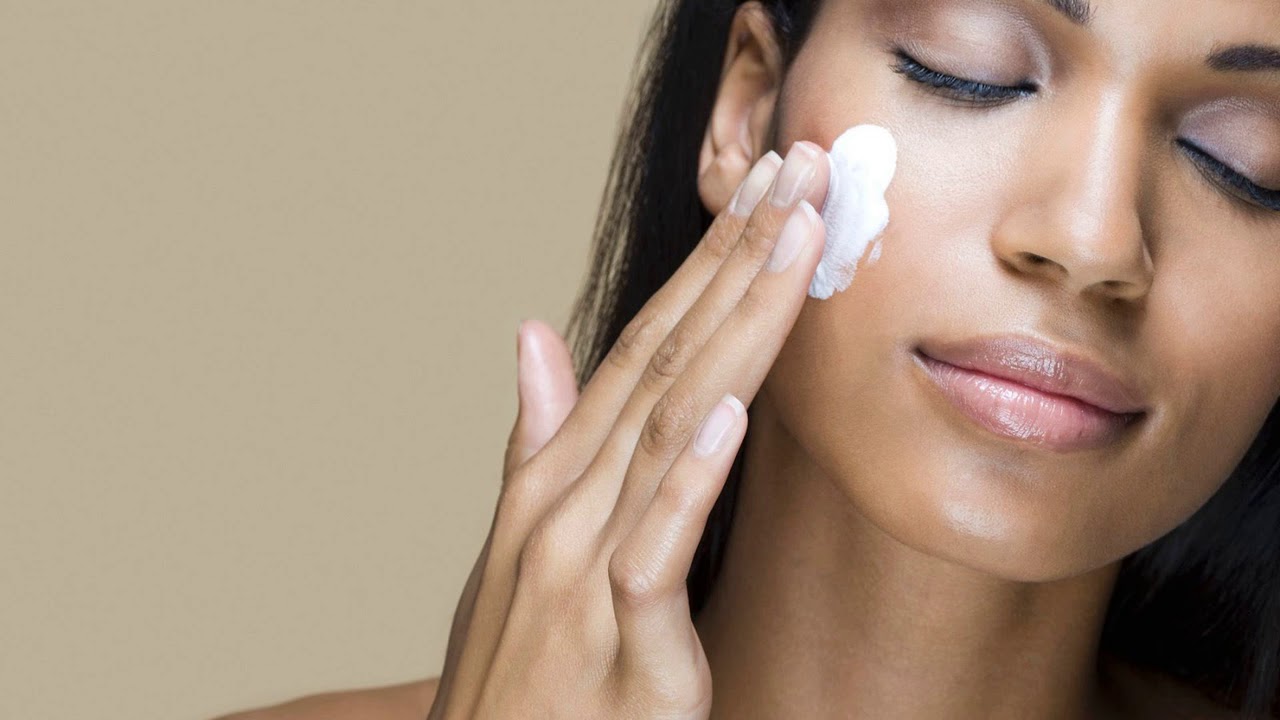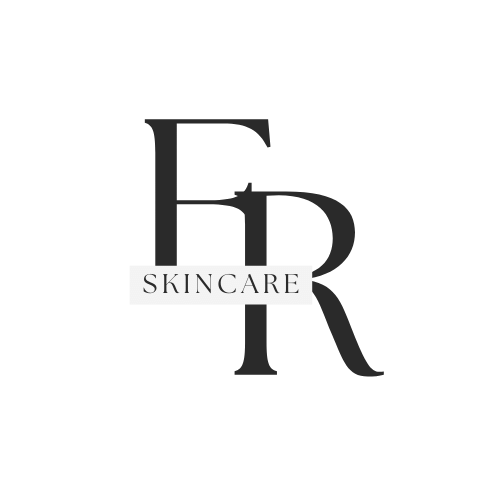
When it comes to skin, there is such a thing as too much oil. Yes, sebum—the oil generated by your skin—is one of the secrets to glowing, radiant skin. When you're on your third blotting paper of the day, on the other hand, you're probably calculating how to make it vanish magically. Although there isn't a single product that will completely eradicate excess oil, following the appropriate routine can help lessen the appearance of greasy skin—which is where oil-free moisturizers come in.
"Those who have excess oil production and irritated acne should use oil-free moisturizers," explains Griselle Rosa, licensed aesthetician at Luxury Lotus MedSpa. Rosa emphasizes understanding when the skin is overproducing oil rather than a transitory excess caused by dehydration. "If your skin does not produce oil, you should use an oil-based moisturizer," the aesthetician advises.
We've compiled a list of the finest oil-free moisturizers that leave skin looking plump and hydrated without being shiny if you have oily skin.
What Is An Non-Comedogenic Moisturizer?
One of the greatest methods to hydrate oily or acne-prone skin is to use non-comedogenic moisturizers. Are you curious as to why? If we break down the term non-comedogenic into its two roots, comedo and comedogenic, we can better grasp what it means:
A comedo refers to a clogged pore or acne lesion, a pore blockage caused by an overabundance of sebum (the oily matter secreted by the sebaceous glands to lubricate and waterproof your skin). These obstructions cause whiteheads, blackheads, pimples, and other skin imperfections. On the other hand, the term comedogenic refers to cosmetic substances or products that tend to clog pores and induce comedones (the plural of comedo). Comedogenic components and products, in other words, are those that are known to cause acne.
This point brings us to the phrase "non-comedogenic," which refers to goods that do not cause pore blockage. While non-comedogenic cosmetics may not be able to prevent or cure acne and other blemishes, they are intended to be designed to help reduce pore blockage and promote clear skin. Your facial moisturizer is generally non-comedogenic if it's water-based and oil-free, but there's more to it than that.
Non-Comedogenic: The Real Definition
You've probably spotted the term "non-comedogenic" on the package of a cosmetics product if you've ever glanced closely at the label. It's a frequent phrase, but what does it mean? We'll give you an outline of this skincare term and why it belongs in your beauty vocabulary.
Products having a non-comedogenic nature can improve the appearance of your skin while reducing the risk of clogging your pores. The term "non-comedogenic" refers to a product designed to prevent noticeable pore obstruction. The term "comedo" is used to denote a clogged pore.
A product is tested in a lab to see if it is non-comedogenic. To say a product is non-comedogenic, we put it through a dermatologist-supervised non-comedogenic test. People with oily or mixed skin are carefully recruited for the dermatologist-controlled study to evaluate if comedones rise. We can state a product is non-comedogenic if it has no unfavorable effect on the skin of the panelists.
Although non-comedogenic moisturizers and creams should be evaluated in a lab and supervised by dermatologists, there are currently no authorized or regulated standards for this word, which can be problematic. Without any norms or standards in place, any brand can use "oil-free" or "won't clog pores" to market their product. Before purchasing a non-comedogenic product, learn about the substances to avoid and how the product was tested and proven to be non-comedogenic.
It's also crucial to realize that non-comedogenic indicates the components will lower the likelihood of comedones forming, not that they will never occur. The word "non-comedogenic" also implies that the ingredients aren't known to cause comedones, but there's always the chance they could. Last but not least, keep in mind that everyone's skin is unique and will react to products or combinations of substances differently. It may take some time and trial and error to find the appropriate product.
Who Should Use Non-Comedogenic Moisturizers?
Non-comedogenic moisturizers are recommended for those with oily or acne-prone skin and those with sensitive skin in general. This recommendation is because many non-comedogenic moisturizers have fewer irritants (alcohols, perfumes, harsher chemical components, and so on) than regular skincare.
Although it may seem obvious, non-comedogenic moisturizers are frequently targeted at younger people; yet, because breakouts and sensitive skin can afflict people of all ages.
What Are The Advantages Of Using Non-Comedogenic Moisturizers On Your Skin?
Blocked pores can cause blemishes and hinder your skin from appearing its best. This outcome is because your skin may be unable to evacuate excess oil and sebum as well as it should. Moisturizers, for example, should be moisturizing but not so heavy that your skin can't breathe. If you want to keep your pores from being blocked while yet hydrating your skin, look for the term non-comedogenic. To get healthy-looking, glowing skin, picking the ideal moisturizer for your skin type is critical.
